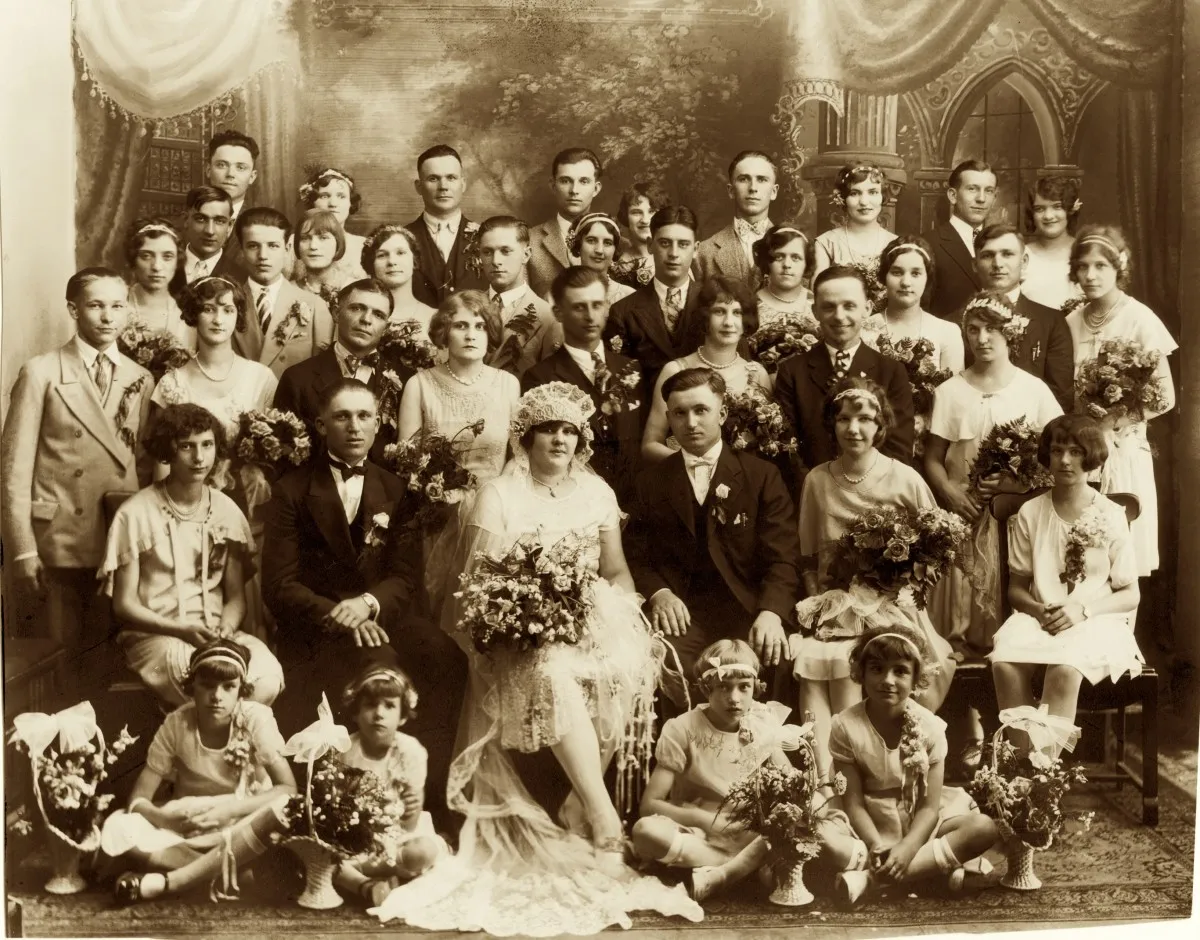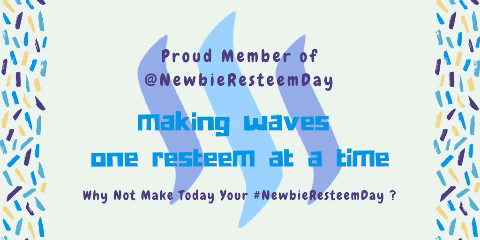According to my mother, my paternal (German) grandfather used to eat these tomato and cucumber salads. I have no memory of these salads myself, but it struck my mother as odd. (She is a dietitian and had always found this type of salad to be more typical of someone from Eastern Europe, not Germany.)
As my father embarked on the incredible journey of our family history, we had no idea that our discoveries would solve this tiny riddle of ours. Yet, as my father uncovered that his own father's grandfather was from Lithuania, the mystery was solved.
Of course, that's just the tip of the iceberg - and the mystery of that part of the family remains as we have yet to find any further records from that line - it just stops in Lithuania (and Germany for his wife) with possible hints that there might be a Russian ancestor in the line there.
The reality is that Family History is a big rabbit hole that just goes deeper and deeper.
Benefits of doing family history
Knowing your genealogy helps you to have empathy for the situations of other countries.
Eliminating the "us vs. them" mentality can be key for developing a sense of understanding as well as a sense of pride for the countries which hosted your DNA for who-knows-how-long.
Knowing your genealogy helps you understand yourself and your parents/cousins/etc.
Huge parts of my family came from Scandinavia where they were having some very difficult times in the 1800s. Many families decided to leave or send just one member to the promised land... There are current TV shows in Norway (Alt for Norge), Sweden (Allt för Sverige) and Denmark (Alt for Danmark) talking about this saga and reuniting some members of the families back to Scandinavia. Showing each one just how Scandinavian they really are! (The programs can be found on the internet.)
Knowing your family history can help you have a better understanding of history.
Suddenly, you have real honest ties into your mother countries and a reason to know what they were going through at the time. Stories that have persisted through the years.
We have one story where the family suffered the horrors of an Indian raid. (I am not discussing any probable motivations - just the story we've heard.) A baby was hidden under an overturned bathtub... the baby cried, was discovered and dashed against the side of the wall and killed. I love American Indians, but they weren't always peace-loving - and maybe this particular group did have sufficient cause to mount an attack. I won't know unless I manage to uncover more about what happened. But I do have a better understanding of the terror my ancestors went through.
Learning about your ancestors can help plug you into a wider world.
Knowing that you're related to presidents or princes or inventors/poets (the list goes on and on) can help you feel like you are part of a bigger picture. On one great-grandmother's side, we are related to many people in the political circles, many other big names... Presidents, recent candidates, current senators, the British royals, a cereal magnate, the founder of a store chain... all these show up in my family. Now, none of these famous people even know me! Which brings me to the next point.
Learning your family tree can cure you of arrogance.
Sure, I'm related to a famous princess, but so are the members of at least 5000 other surnames!!! Our common ancestor died over 350 years ago! Genetically speaking we have almost nothing in common over the 12 generations of separation.
Genealogy still makes a great family project.
Untangling all the threads of people coming across the Atlantic on ships is very satisfying. And each new generation of found information is cause for a little celebration such as one time when my father and I were scrolling through German microfilms (I do NOT read German!!!) looking for a few familiar words connected to our familiar names. Finally, about two records from the bitter end, I found what we were looking for, my great-great grandfather who had stowed away on a ship from Germany!
What next?

(Today's image is brought to you by PXhere)
Programs to use (or not to use...)
I have generally been quite disappointed with computer-based programs. I've tried most of the free ones and most of the free-trial ones and even a couple of paid programs and they are cumbersome and limited. I don't suggest wasting your money (or time) on them.
If you don't want to spend money, create an account on Family Search - yes, it is Church run, but they have lots of really great tools to help you tie into the bigger picture. Honestly, if you want the greatest results in the least amount of time, this is where you want to focus your energy. Once you get back beyond living people, then you're very likely to tie into the matrix. (The disadvantage to this is that everyone has access to the same tree information - at least this is true if you're a member of the Church. I'm not 100% sure that it's true if you're not.)
If you do have money to spend, create an account at Ancestry - if you can afford it, buy the international membership at least once in awhile. You have different tools at Ancestry which also make things much easier to look. (You have your own distinct tree at Ancestry - good because no one else can touch it, bad because you have to work a bit harder.)
Personally, I like the search tools at FamilySearch better, but the comparing tools at Ancestry.
What's even cooler... is if you have an account at both! You can then tie the two accounts together, enjoy the best of both worlds as you compare your people at both sites. I love using the two together.
I'll go into more depth at a later time.
Note: If you really don't want to touch the Church-owned site, then I suggest WikiTree which is open source. But until they develop the tools to plug into one of the bigger sites, they will always be a few steps behind in the process.
But you're worried about security
Both Family Search and Ancestry have rules that if the family member is still living, it cannot be seen by other members! I cannot look at my mother-in-law's information, even if she gives me her details. The best I can do is "plug in" to a point where dead ancestors come into the picture.
If you really do not want your stuff online, then the best option is to use custom-made sheets for your word processor. It's fairly simple and allows you to expand as much as you want/need. However, it is laborious and can use a lot of paper if your known tree is large. (My dad uses a whole 2-drawer filing cabinet...)
PS. (AD time!)
Oh, if you don't want to do the legwork yourself - despite the fact it's not that hard - I'm partly trained in the ways of genealogists and could do your work for you. I can't do it for free though and most professionals charge quite a lot more than the $30/hour I would charge. You would get the most bang for your buck in 5 or 10 hours - generally-speaking, the further back you go, the harder it is to get another generation, though also is the point where a professional might be more helpful.
Awhile ago, when I was dating someone, I took his name and date-of-birth, and his father's name (that's all I had - only living names - and I wasn't building trees on Family Search and Ancestry, either) and found 24 direct ancestors in the matter of a couple of days.
Just this weekend, I took the names of my cousins and made serious dents into their trees. Again, I only had names of living relatives. (This time, I'm working with Family Search and Ancestry.)
If you don't want your data online, I can use the sheets my dad which I've found to be easier to use than any computer program (with the exception of Family Search and Ancestry's smart software.) If I was working for you, I could do that instead.
(Reworked from a previous Steemit article I wrote. Crossposted at Steemit, Whaleshares and WeKu.)

Lori Svensen
author/designer at A'mara Books
photographer/graphic artist for Viking Visual
now also on: Whaleshares and WeKu



Banner by @shai-hulud

